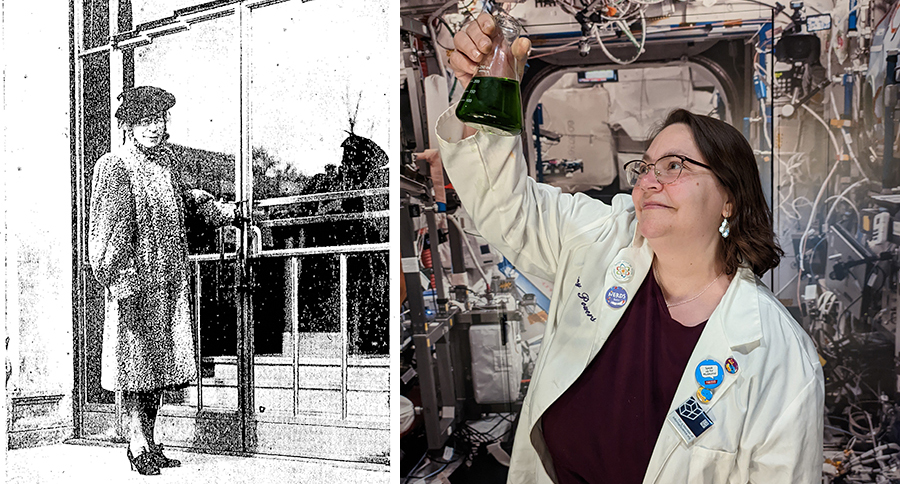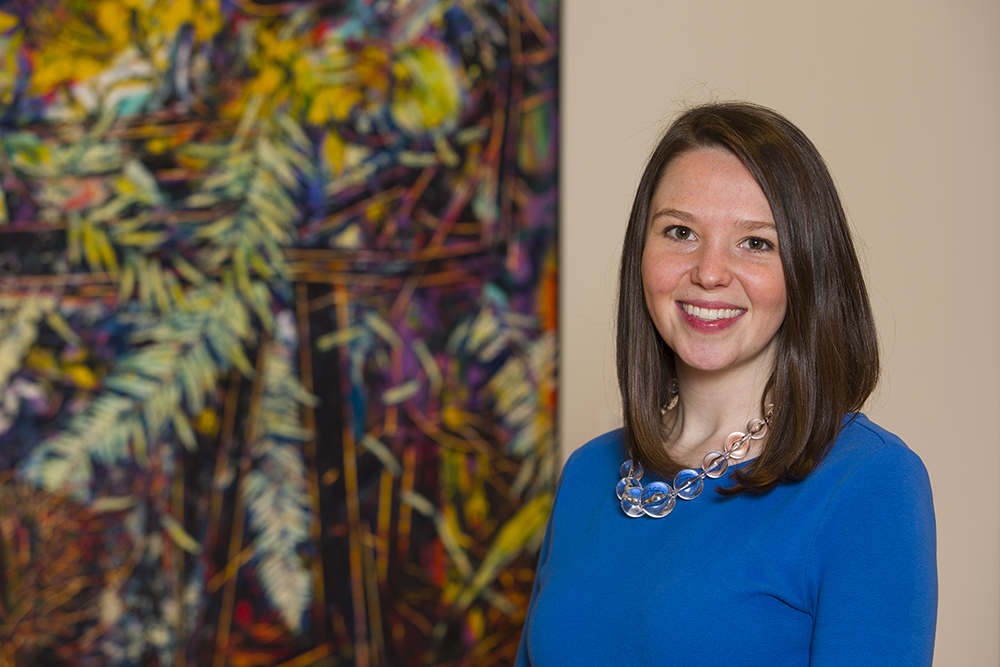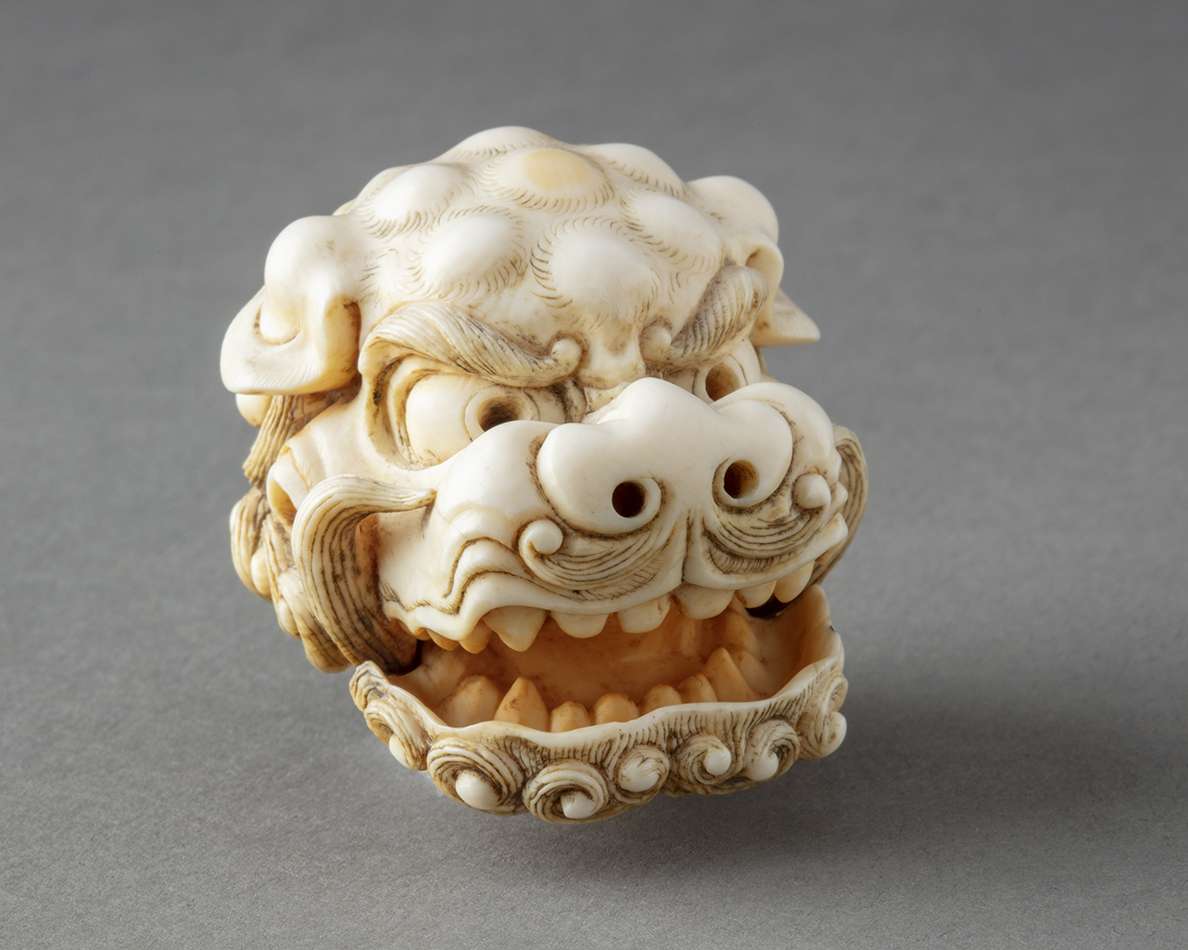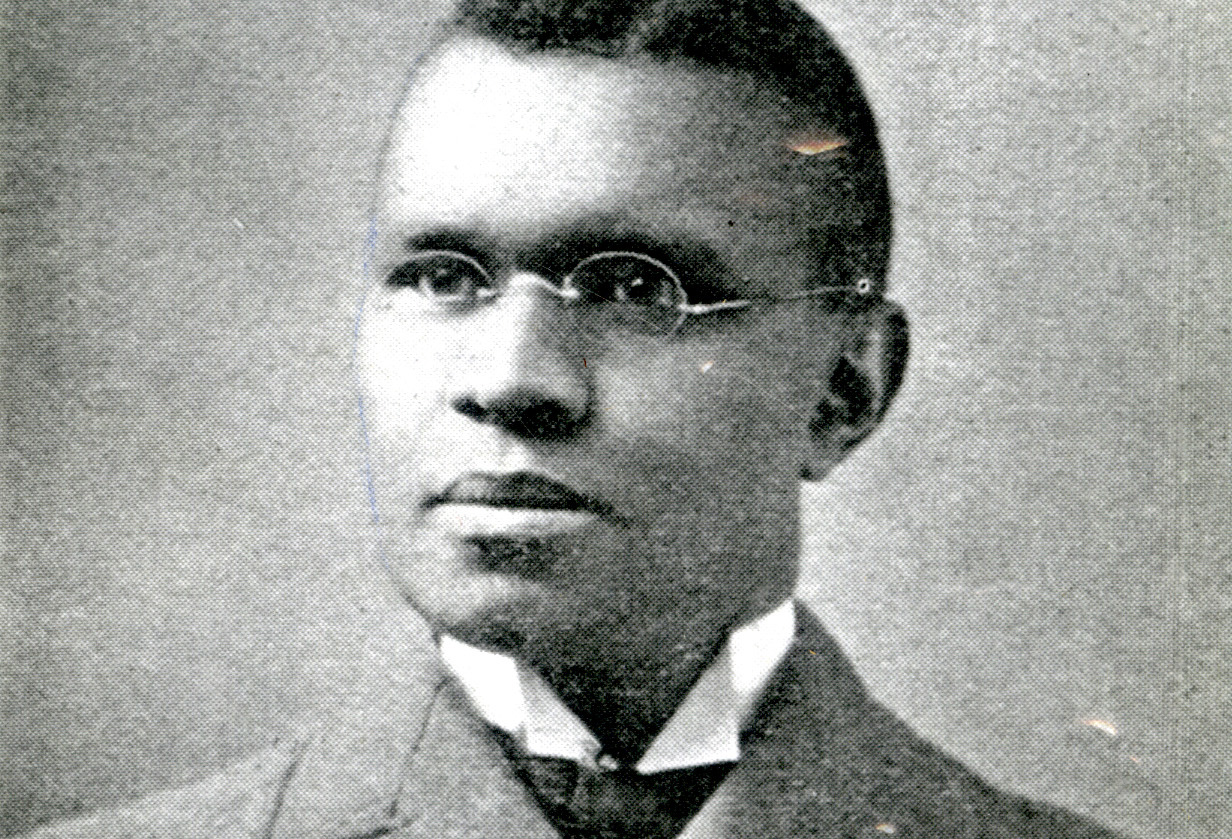
Reverend William N. DeBerry: Community Leader
One of the foundational African American community leaders in Springfield was the Reverend William Nelson DeBerry (1870-1948). In late February 2022, the Springfield Museums Archives were gifted photographs and articles documenting DeBerry’s life from his great grandson, Timothy Tracy of Augusta, Georgia. Through this collection, we can see Dr. DeBerry as a young pastor, a newly married man, a proud father with his wife and young daughters, as an older man with grandchildren, as a distinguished clergyman and community leader.

Reverend DeBerry came to Springfield in May 1899 as the new pastor of St. John’s Congregational Church, a week after graduating from Oberlin Theological Seminary in Ohio. He expected to be at St. John’s for three months before returning to the South but instead spent over thirty years in the Springfield pulpit. He was ordained and installed as pastor of St. John’s Church on June 28, 1899, returning to the South briefly in September of that year to marry Amanda McKissack of Pulaski, Tennessee.
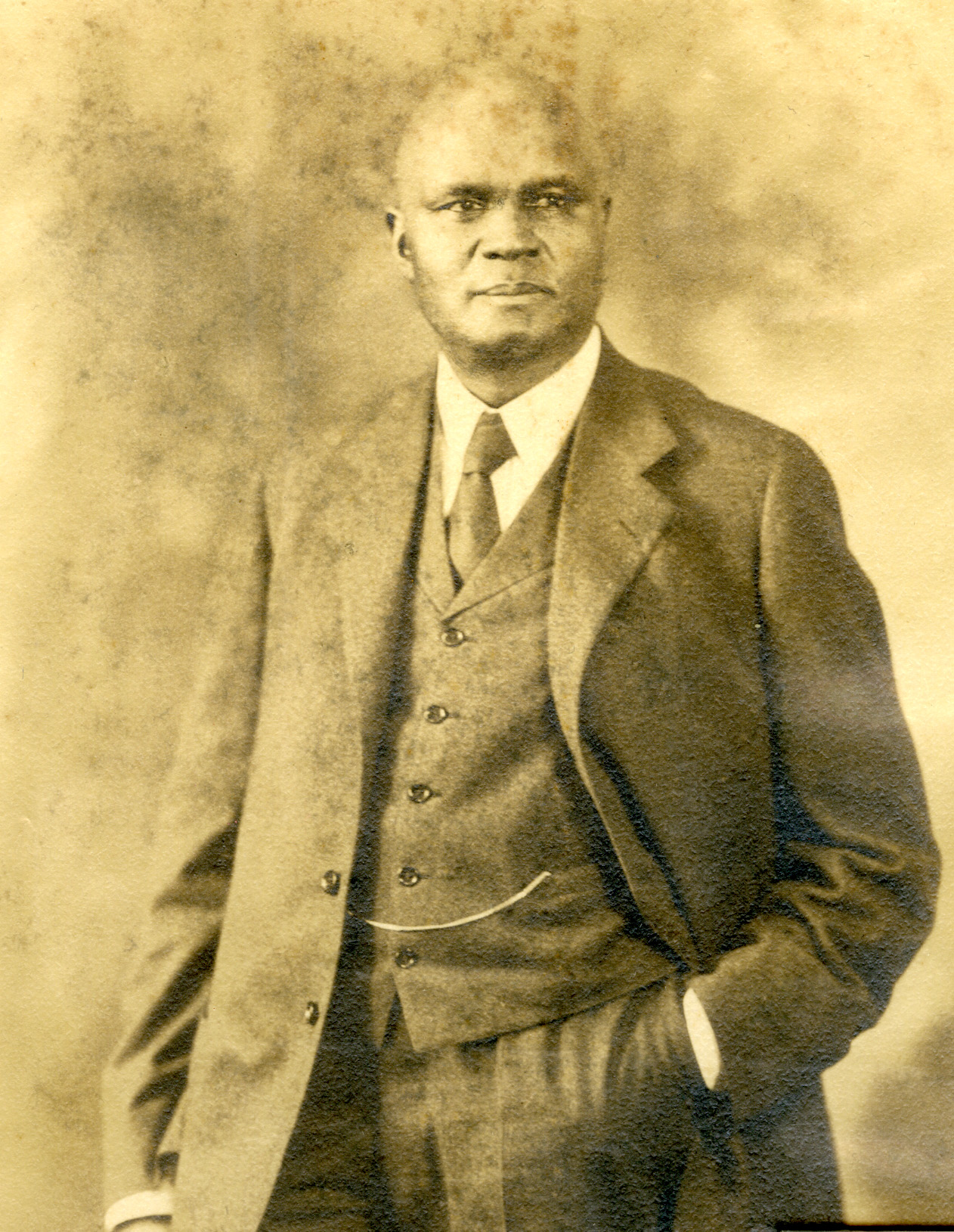
He was born in Nashville, Tennessee, in 1870. He was the son of formerly enslaved parents and grew up poor. After attending Nashville public schools he was accepted at Fisk University where he earned a BA in Science. He supported himself by teaching during the summers in the rural districts of Tennessee and by conducting teachers’ institutes for African American teachers. He graduated from Fisk in 1896 and after working as a school principal in Fayetteville, Tennessee, he felt called to the ministry. He attended Oberlin where he excelled in his studies while serving in several churches in Ohio. Then he was sent to Springfield.
DeBerry found himself with a small congregation of about one hundred parishioners drawn from the union of Springfield’s two Black churches, the Sanford Street Free Church and the Quincy Street Mission. At the turn of the twentieth century there were about twelve hundred African Americans living in Springfield. While charged with expanding and inspiring his congregation he realized that Black people in Springfield needed social services together with spiritual guidance. During his tenure, St. John’s “took the lead in developing material and social betterment of the Negro race as a whole.”
By 1911 DeBerry and his congregation had raised the funds and built a new church at the corner of Hancock and Union Streets. It was dedicated on December 3, 1911. In 1914 Lincoln University in Pennsylvania conferred a Doctor of Divinity upon Reverend DeBerry.
Under his visionary leadership a new approach to social services was taken with the formation of the St. John’s Institutional Activities Corporation. This organization was formed to address the many needs of Springfield’s Black community. In 1913 St. John’s Parish Home, which included quarters for DeBerry and his family, was opened to provide safe residential accommodation for working girls and women. A free employment bureau was opened for men and women, along with a night school which taught domestic science. The Women’s Social Union and the Boys Club were formed to provide social and sports activities for young people. With the Black population of Springfield almost doubling between 1917 and 1922 as people from the Southern states relocated to the North there was a need for appropriate housing. In response the church acquired property on Quincy Street and Orleans Street which it rented to families arriving in Springfield from the South. In 1920 the dream of funding a summer camp was realized with the purchase of a property in East Brookfield. Named in honor of its benefactor, Dr. David Fisher Atwater, Camp Atwater continues to this day as the oldest African American camp in the United States. St. John’s Institutional Activities served as the model for other African American churches in the country.
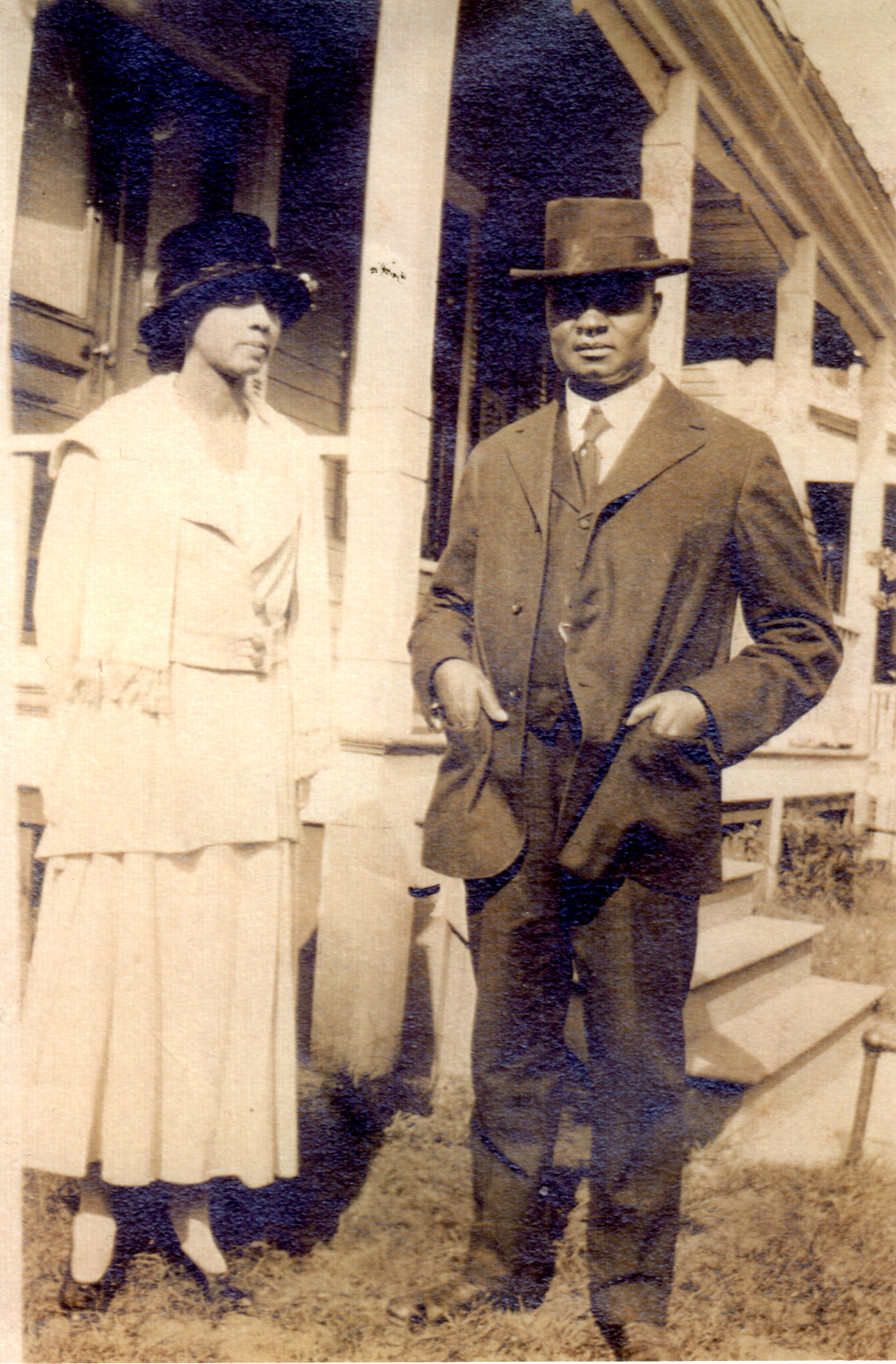
In 1931, after more than thirty years of pastoral work at St. John’s, Dr. DeBerry resigned from the pulpit to become the executive secretary of the Dunbar Community League. He wanted to focus his attention on the social work of the St. John’s Institutional Activities, which became an independent, non-sectarian social agency in 1924. At that time the name of St. John’s Institutional Activities was changed to the Dunbar Community League. It is now known as the Urban League of Springfield. DeBerry held that position until he retired in November 1946. He retained his position as the director of Camp Atwater in East Brookfield until his death in January 1948.
Throughout his career as a minister and social worker Dr. DeBerry lectured in New England and the Northeast on race relations. In 1922 he conducted a sociological and industrial study of Blacks in Springfield. The published report of his study was not only important locally but engendered considerable comment throughout the country. It also cemented DeBerry’s reputation as a respected spokesman on race relations. He was appointed to the board of Fisk University in his hometown of Nashville, Tennessee. He went on to receive many other honors throughout his career. He was a preacher and counselor at Black colleges in the south including Fisk and Howard, Hampton Institute and Tuskegee Industrial Institute. He was listed in Who’s Who in America, one of about one hundred African Americans. He was awarded first prize from the Harmon Foundation of New York in 1928 “for distinguished service in the field of religion among Negroes in the United States.” That same year he was also awarded the Pynchon Medal, Springfield’s most prestigious award for distinguished public service.
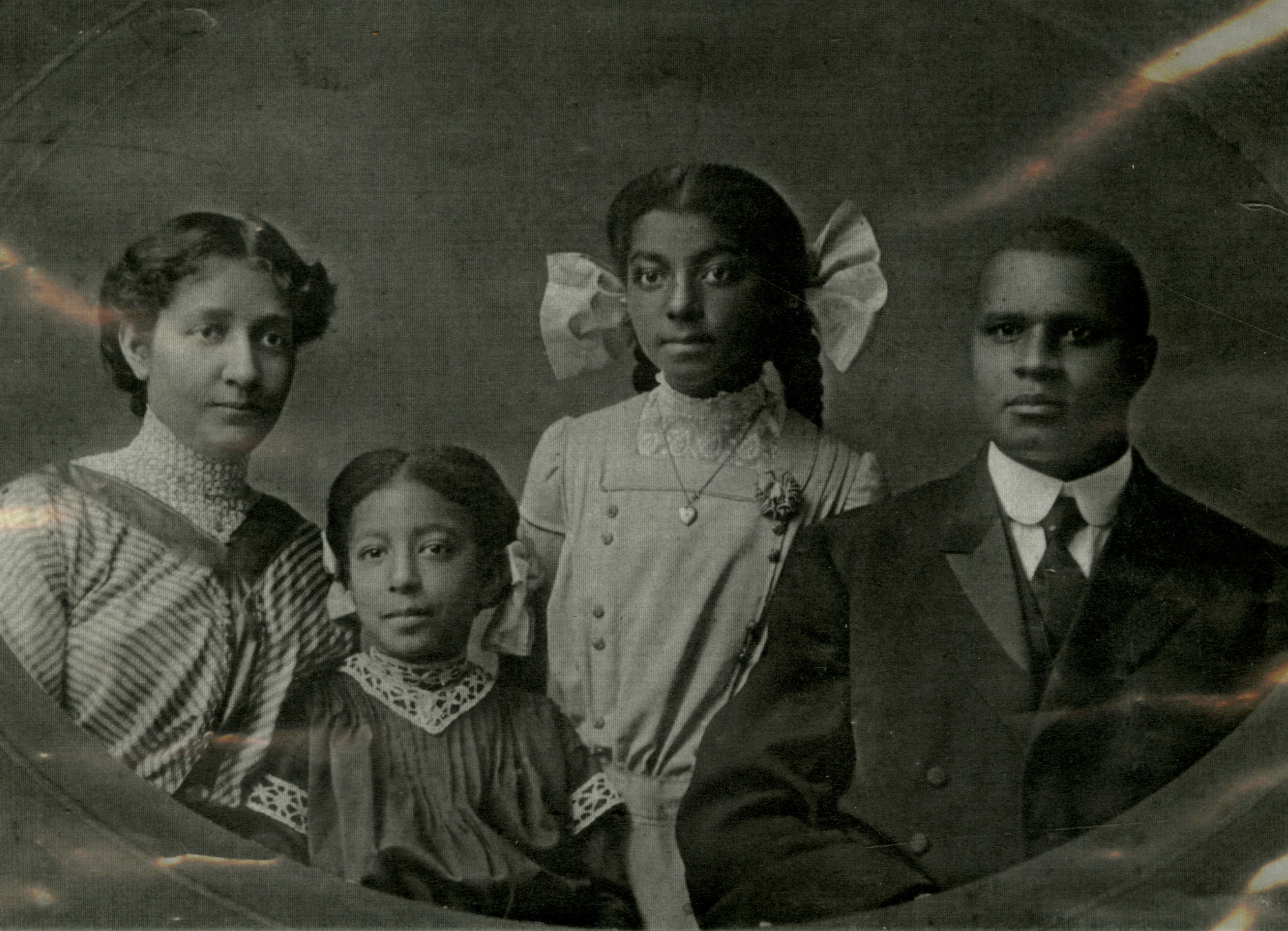
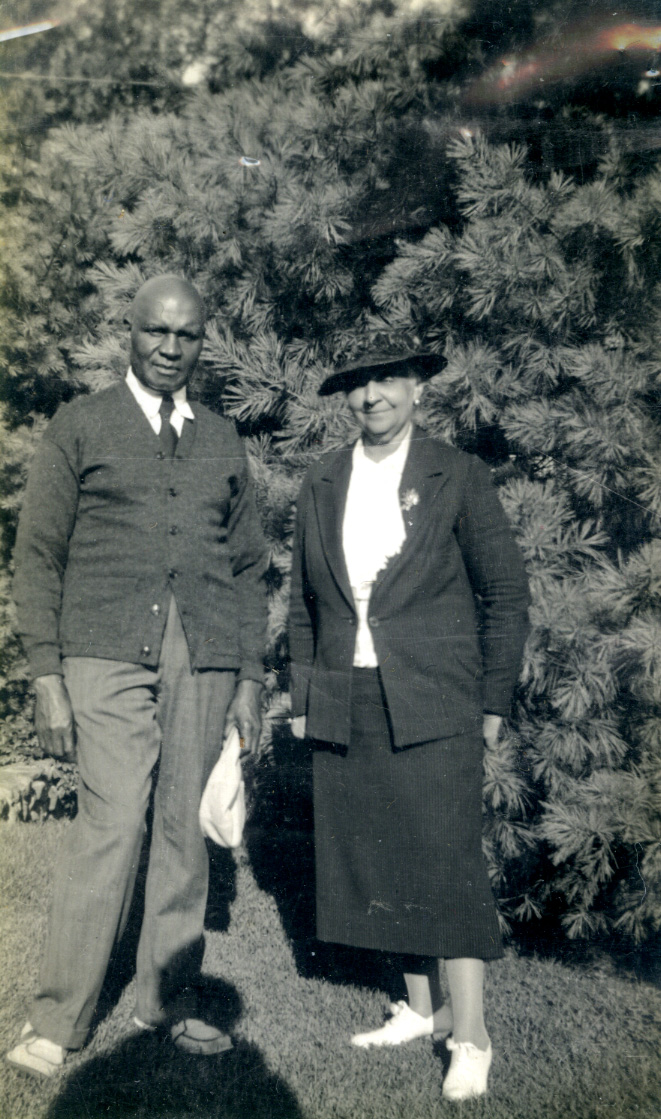
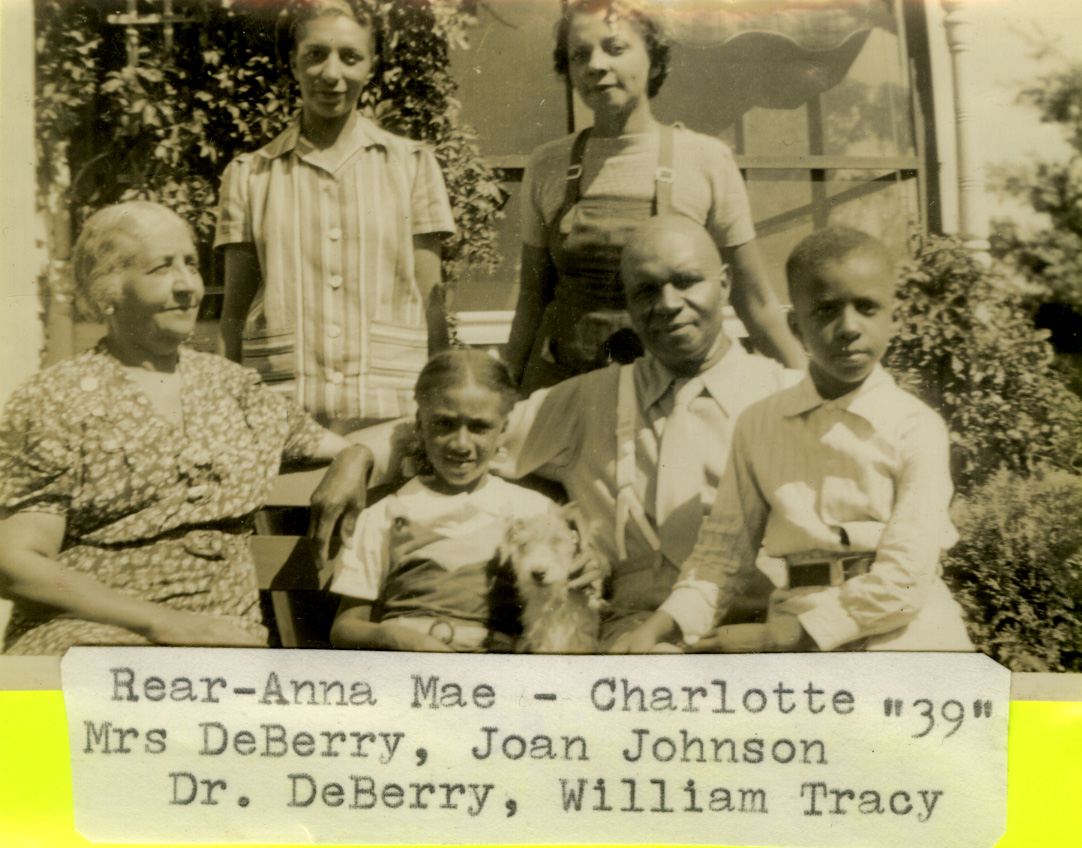
Dr. DeBerry and his wife Amanda raised two daughters, Charlotte and Anna Mae, in Springfield. While both daughters married and moved away, the DeBerrys stayed in Springfield for the rest of their lives and are laid to rest in the Springfield Cemetery.
In 1951 a new school on East Union Street in Springfield was dedicated to Dr. DeBerry. It replaced the old East Union Street School. Miss Rebecca Johnson was the school principal. Now, a new state-of-the-art school is being constructed on the site of the existing DeBerry School property on Union Street and DeBerry Park. The DeBerry School will remain in use during construction. The school is scheduled to be completed and open by August 2023 and it will honor State Representative Benjamin Swan and Dr. William DeBerry.
Maggie Humberston is the Curator of the Library and Archives at the Springfield Museums.
All images are the gift of Timothy Tracy.

